Picture of Werner Heisenberg
The Bettmann Archive
Werner Heisenberg
Werner Heisenberg was a German physicist who lived between 1901-1976.
Heisenberg is most famous for his "uncertainty principle", which explains the impossibility of knowing exactly where something is and how fast it is moving.
You might also be interested in:
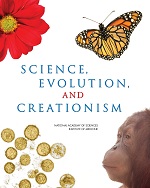
How did life evolve on Earth? The answer to this question can help us understand our past and prepare for our future. Although evolution provides credible and reliable answers, polls show that many people turn away from science, seeking other explanations with which they are more comfortable.
...more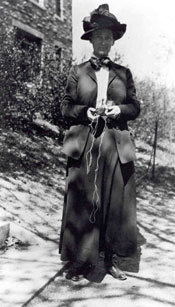
Florence Bascom, who lived from 1862 until 1945, was one of the most important geologists in the United States. She studied mineral crystals by looking at them very closely with a microscope. She also
...more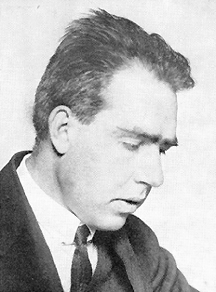
Niels Bohr was a Danish physicist who lived between 1885-1962. He studied the structure of atoms and developed a new theory about how the electrons in an atom were arranged. After helping build the first
...more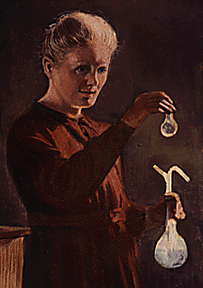
Marie Curie was a physicist and chemist who lived between 1867-1934. She studied radioactivity and the effects of x-rays. She was born Maria Skłodowska in Warsaw, Poland. Women could not study then
...more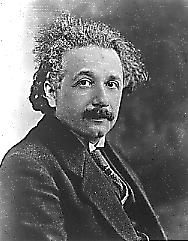
Albert Einstein was a German physicist who lived between 1879-1955. He is probably the most well-known scientist in recent history. Have you heard of Einstein's famous theory? It is called the theory
...more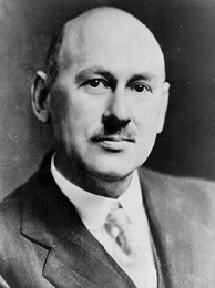
Robert Goddard was an American physicist who lived between 1882-1945. He studied rockets and showed how they could be used to travel into outer space and to the Moon. Goddard experimented with different
...more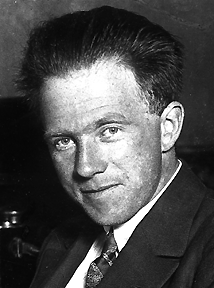
Werner Heisenberg was a German physicist who lived between 1901-1976. Heisenberg is most famous for his "uncertainty principle", which explains the impossibility of knowing exactly where something is
...more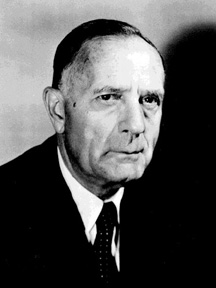
Edwin Hubble was an American astronomer who lived between 1889-1953. He spent a lot of time looking at groups of stars and planets, called galaxies, and trying to explain their motion. He found that all
...more














